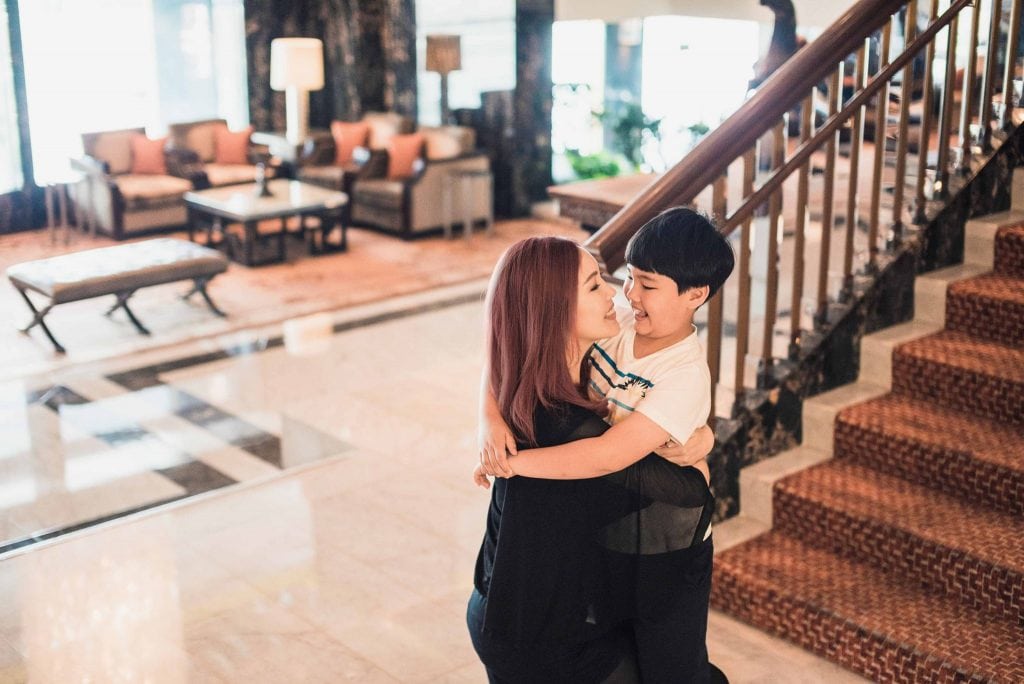Skift Take
With so many hotel ratings systems out there, who can you trust? Should ratings systems be open to all, a la the People’s Choice Awards, or do more accurate results come from a system of professionals judging professionals, a la the Oscars or the Tonys? We take a look at one of the world's top rating guides for luxury properties.
International hotel ratings systems are everywhere. Many are amalgamations of other ratings systems; some, like TripAdvisor, average out user ratings; and then there’s the Forbes Travel Guide, which claims to be “the only independent, global rating system for luxury hotels, restaurants and spas.”
There are a few things you should know about the Forbes Travel Guide right off the bat. First, Forbes doesn’t own it. The publisher licenses its name to this independent entity. Secondly, unlike many other ratings systems, a team of full-time professional mystery shoppers inspects every rated hotel listed in the Forbes Travel Guide.
Additionally, the same company offers consulting services to hotels. According to the Forbes Travel Guide LinkedIn profile, “We also provide the hospitality industry with learning tools and programs that deliver insight into the star rating process and expert guidance on connecting with guests most effectively.”
Although this fact leaves some hotel consultants complaining — off the record — about the possibility of perceived pay-to-play, Forbes Senior Vice President, Ratings Amanda Frasier insists that doesn’t happen.
But just how do those rating come about? Forbes Travel Guide has 11 offices around the world. Scouts based at those offices will go into a region and learn about the best hotels in the area.
According to Inzerillo, they do their homework by looking at the properties that get extensive media coverage; that luxury travel agents book; and that concierges in-market recommend. Next, the company send out inspectors, who have undergone a six-month training process, to rate the hotels selected. In 2018, those inspectors will span 60 countries; in 2019, the number will be 90.
Who are these inspectors? “Prior exposure to the luxury world is a benefit,” said Frasier, along with the ability to “write eloquent, objective reports according to our standards. They must articulate what they see and feel, but personal opinions cannot come in. Inspectors need to have a good memory and have the ability to blend in…. to be an unmemorable guest.”
Inspectors also have to have the flexibility to travel continuously. Hotels are never evaluated back to back in the same destination. Rather, according to Frasier, inspectors go on about 12 assignments a month, spending two or three nights per assignment.
“In any one month, the evaluator may find themselves in a new country/city every week. London in week one, Paris week two, Milan week three and Dubai week four would not be an unusual schedule,” she said.
If an assignment calls for an inspector to come with a partner or with kids — remember, it’s about being inconspicuous, and the single guy sitting alone at a honeymoon retreat is anything but — there are rare times they can have company along for the ride.
While inspectors do not go around properties with white gloves, checking for dust on the chandeliers, they do come equipped with a checklist containing 400 standards, starting with the reservations process and ending at check-out. According to Frasier, the Forbes scoring system weighs service factors at 75 percent, and physical factors at 25 percent.
“The most beautiful hotel isn’t the best hotel, because the best distinguishes itself with emotional connectivity, not how much marble it has,” Inzerillo said.
The guide benchmarks service standards (check-in process, room service) on factors such as courtesy and manners; graciousness, thoughtfulness and sense of personalized service. Meanwhile, it rates the physical aspects of the hotel on factors ranging from cleanliness and condition to guest comfort and convenience.
John Graham, the managing partner at the Forbes Five Star Twin Farms in Barnard, Vermont, notes, however, that “applying one set of standards across the board can create vanilla.” In order to avoid vanilla, a Standards Advisory Committee, a group of high-level executives representing luxury hotel, restaurant, and spa companies of which Graham is a member, meets every year to refine the system and ensure relevance across a range of hospitality products.
According to Victoria R. Boomgarden, president of Direct Travel Luxe, “I think the Forbes Travel Guide definitely causes a buzz when the five stars are announced and we do refer to the list as professionals. However, it’s only one of many sources we and our clients use—like Conde Nast Hot List or Top 100 Hotels by Travel + Leisure. We also utilize the Andrew Harper endorsements and the Star Reports.”
Travel industry veteran Matthew Evins, chairman of an eponymous luxury brands, marketing and public relations company, isn’t keen on consumer-facing ratings systems, period. He argues by its very nature, “subjectively, luxury doesn’t have a standardized definition. So ratings and luxury are antithetical terms.”
However, judging by the way most luxury properties proudly market their stars, that view doesn’t appear to be widely shared. In fact, Twin Farms’ Graham says that because of the transparent and comprehensive way in which Forbes does the ratings, “the industry views it as the benchmark, a measure by which all are measured.”
The Daily Newsletter
Our daily coverage of the global travel industry. Written by editors and analysts from across Skift’s brands.
Have a confidential tip for Skift? Get in touch
Tags: hotels, luxury, travel guides
Photo credit: Mandarin Oriental Hong Kong. The hotel is one of the Forbes Travel Guide's five-star properties. Mandarin Oriental
